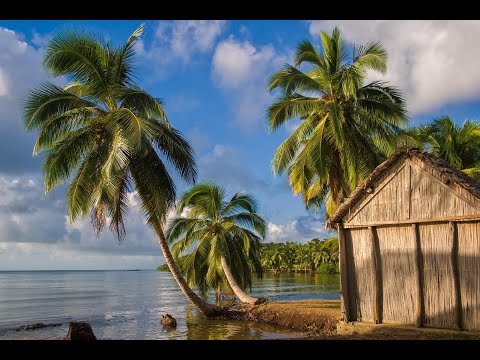
Madagascar, the fourth largest island in the world, is a place where nature has penned its own narrative. Located off the southeastern coast of Africa, this island is a biodiversity hotspot unlike any other on Earth. With its rich cultural tapestry and remarkable wildlife, Madagascar presents a compelling blend of natural wonders and cultural heritage. In this article, we explore the unique facets of Madagascar that make it a must-visit destination for travelers seeking adventure and authenticity.
### A Natural Paradise
Madagascar split from the Indian subcontinent around 88 million years ago. This ancient separation from the mainland has given rise to an extraordinary array of plant and animal species found nowhere else in the world. Approximately 90% of its wildlife is endemic, making Madagascar a living laboratory for scientists and a paradise for nature enthusiasts.
The most iconic of these species are perhaps the lemurs. These charismatic primates are only found in Madagascar and vary dramatically in size and behavior. From the tiny nocturnal mouse lemurs to the enigmatic sifakas with their sideways dance, lemurs are ambassadors of the island’s unique wildlife.
The flora is equally fascinating, with over 10,000 native species of plants, including several varieties of Baobab trees — those upside-down looking giants that have become symbols of the Malagasy landscape.
### Landscapes Galore
Madagascar’s landscapes are as diverse as its biological offerings. The eastern rainforests receive copious amounts of rainfall, creating lush green canopies that are home to many lemur species and breathtakingly beautiful orchids. In contrast, the western and southern parts feature dry forests and deserts dotted with spiny forests unique to Madagascar.
The Tsingy de Bemaraha Strict Nature Reserve offers one of the most dramatic landscapes — towering limestone karsts that form a forest of stone spires known locally as “Tsingy”. This UNESCO World Heritage site also provides critical habitat for numerous endemic species.
### Cultural Richness
Madagascar’s culture is a melting pot influenced by Southeast Asian, African, Arab, Indian, and European migrations throughout its history. This blend is reflected in Malagasy cuisine which offers flavorsome dishes like Romazava (beef stew) or Mofo Gasy (rice cakes), showcasing local ingredients such as vanilla — one of Madagascar’s major exports.
Each region boasts distinct traditions—from music to art forms—that reflect their local customs and histories. The annual Famadihana ceremony—known as “the turning of bones”—is one particularly unique ritual where families exhume their ancestors’ remains to rewrap them in fresh cloth while dancing to live music before reburial; it exemplifies Madagascans’ deep connection with ancestry and tradition.
### Conservation Challenges
Despite its ecological wealth, Madagascar faces significant environmental challenges including deforestation due to logging activities and slash-and-burn agriculture – practices that threaten its unique biodiversity. Conservation efforts are critical; numerous NGOs work tirelessly alongside local communities to protect habitats while promoting sustainable practices that will ensure long-term economic benefits for local populations.
### Traveling Responsibly
For travelers keen on visiting Madagascar, responsible travel is critical. Supporting eco-friendly tours and accommodations run by locals can help contribute positively toward conservation efforts while providing economic benefits to communities directly impacted by tourism activities.
Tourists should respect wildlife viewing guidelines ensuring minimal disturbance to natural habitats—an essential practice in preserving this delicate ecosystem for future generations.
### Conclusion
Madagascar offers more than just an escape from everyday life—it provides insight into evolution itself amidst breathtaking landscapes populated by some of Earth’s most unusual creatures along with vibrant culture steeped in tradition.
Whether trekking through national parks or indulging in Malagasy cuisine at a bustling market stall—each experience contributes another layer understanding about this unique island nation poised at intersection between human activity environmental stewardship.
Visiting Madagascar isn’t just about witnessing exotic diversity; it’s about participating responsibly in an ecosystem where humans continue play pivotal roles shaping our planet’s biological heritage.
